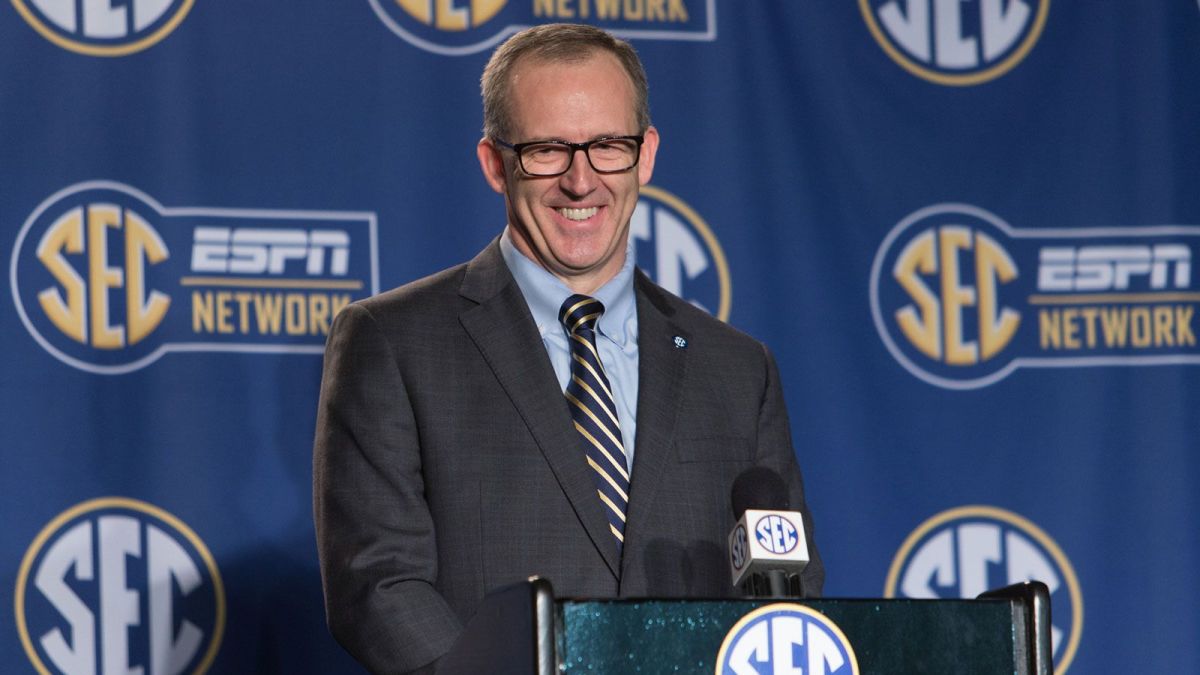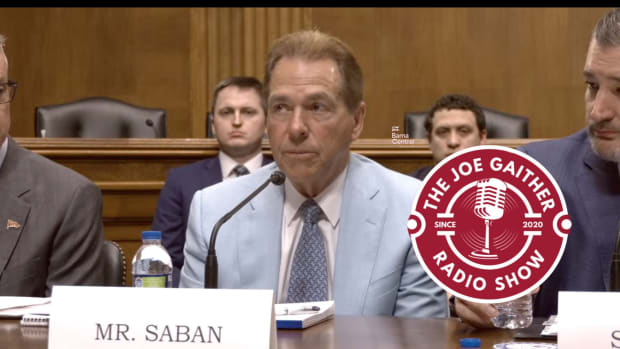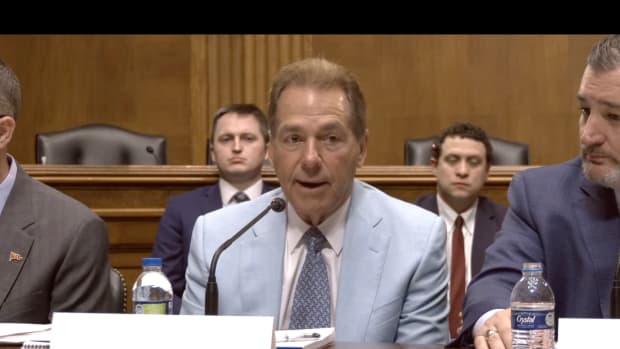SEC, Greg Sankey Update Athletic Directors on 2020 Season Status

BIRMINGHAM, Ala. — The Southeastern Conference will continue to monitor the current situation surrounding COVID-19 and the upcoming college football season, announcing that they will make their decision known by the end of July.
The statement from the SEC comes after commissioner Greg Sankey met with athletic directors from all 14 schools of the conference at the SEC's headquarters in Birmingham.
"It is clear that current circumstances related to COVID-19 must improve and we will continue to closely monitor developments around the virus on a daily basis," Sankey said in a statement. "In the coming weeks we will continue to meet regularly with campus leaders via videoconferences and gather relevant information while guided by medical advisors. We believe that late July will provide the best clarity for making the important decisions ahead of us."
Last week, the Ivy League announced that it would cancel all fall sports as well as postpone winter sports until Jan. 1. The Big Ten and PAC-12 soon followed by announcing that they would conduct conference-only schedules for the 2020 college football season.
The SEC, ACC and Big 12 have all expressed that they will wait for further information before making a final decision regarding their respective seasons.
Following the decisions to conduct conference-only schedules by the Big Ten and PAC-12, Sankey called for the meeting with the ADs to discuss the ongoing situation.
"We had a productive meeting on Monday and engaged in discussions on a number of important issues that will contribute to critical decisions to be made in the weeks ahead," Sankey said. "The ability to personally interact over the course of an entire day contributed to the productivity of the meeting."
The meeting marks the first time that the ADs of the conference had met together since the SEC men's basketball tournament in March.
In an interview on The Paul Finebaum Show immediately following his meeting with the ADs, Sankey spoke on the decision by the Big Ten and PAC-12 and if the SEC is ready to make that decision.
"We are not at that destination and a number of our colleague conferences are also not at that destination," Sankey said. "The Big Ten made its decision; we have no common games with the Big Ten conference this year. It's just one of those realities with our schedule. The impact of their decision is indirect.
"We did have two games in the PAC-12 with the USC-Alabama game scheduled to be played in Dallas and then Colorado and Texas A&M, so we've had minimal direct impact on our schedule."
Sankey made no comment on how the conference-only decisions by the two conferences could impact the College Football Playoff.
While the SEC is remaining positive regarding the outlook on college football in 2020, Sankey reiterated with Finebaum that due to cases continuing to increase, the likelihood is "slipping away."
"The trends are not what we desired," Sankey said. "Not what we had experienced a bit earlier in the summer — very much in the wrong direction and that's problematic. That doesn't mean that's the finish line [or] that things will never change.
"We have to see a change in public health trends to build the comfort to allow the conference to be able to compete this fall."
Sankey discussed that he and his colleagues across the Power Five conferences as well as the other conferences of the NCAA have worked to establish a standard of testing for student-athletes so that competitions can be held. This, combined with following the correct national, state and local health and safety guidelines are what Sankey stressed in order to have college sports this fall.
While Monday's announcement means that the SEC is still considering having a full-fledged season in 2020, the conference's commissioner admits that the situation is growing grim and that as the end of July approaches, it's now time to look at the facts rather than predictions.
"It's an asset that's slipping away — it's rapidly slipping away," Sankey said. "From a metrics standpoint we've talked about what are the right evaluative tools — our campuses are doing the same and the fact that we've seen increasing cases over the last few weeks across our region is not a positive indicator."
"I'm done with the predictions. I'm done with models. We need to look at the facts."





